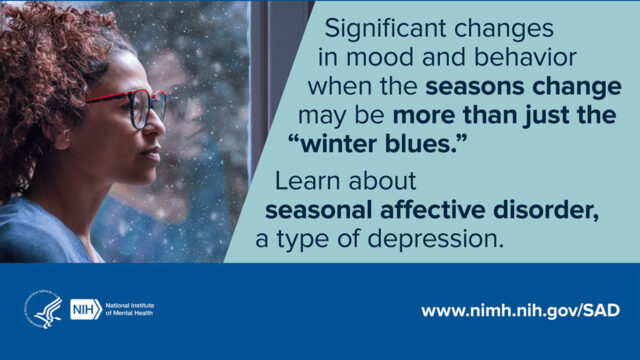The second wave in the United Kingdom due to rising cases of coronavirus has led people to doubt their working capacity and has again sent them back to working from home. This is a crisis like no other, and there is substantial uncertainty about its impact on people’s lives and livelihoods. People have realised the importance of communicating and meeting in person to conclude to the best of the results. Being within the four walls of their house, the people have lost all ideas of creativity by not being able to find sources of inspiration and being in the monotonous environment, hampering our ability to work. People are stressed and not necessarily have safe work environments, while many have ended up losing jobs. The problem in this pandemic is not just isolation but the entire social life being affected and paralyzed. The loss of jobs and income is likely to result in reduced ability to access healthcare and a nutritious diet. This, in turn, will negatively impact people’s health. Vulnerable populations such as low-income earners in informal and precarious employment have been most affected by job losses and the resulting income loss. Moreover, while COVID-19 has affected every facet of people’s lives, it is essentially a health problem.
During the first month of lockdown, the equivalent of 7.4 million people (14.3% of the entire UK population) said their wellbeing was affected through feeling lonely (termed “lockdown loneliness” in the ONS analysis). Young adults, women, people with lower education or income, the economically inactive, people living alone, and urban residents were most at risk of being lonely. The pandemic has both exposed and exacerbated long-standing inequalities in society. As we move from the response phase into recovery, the direct and wider impacts of the pandemic on individuals, households, and communities will influence their capacity to recover.









